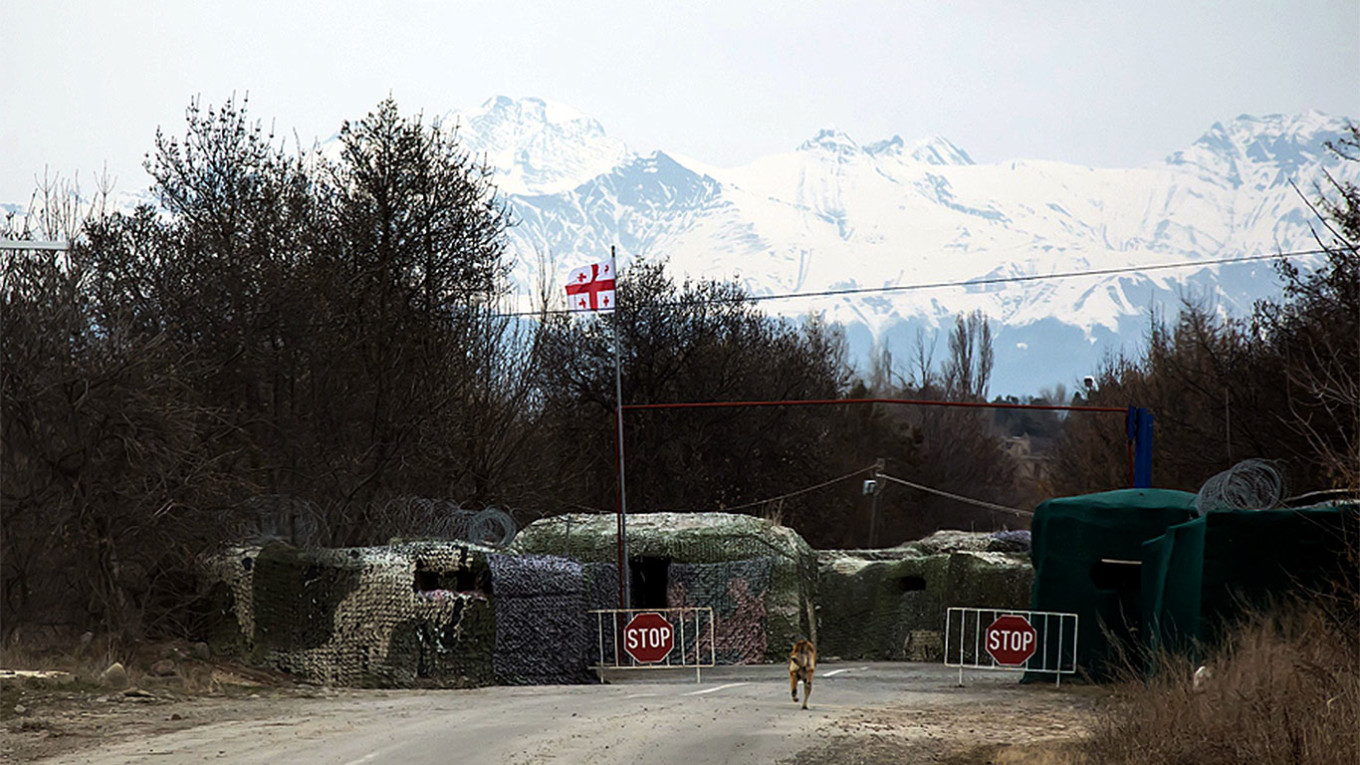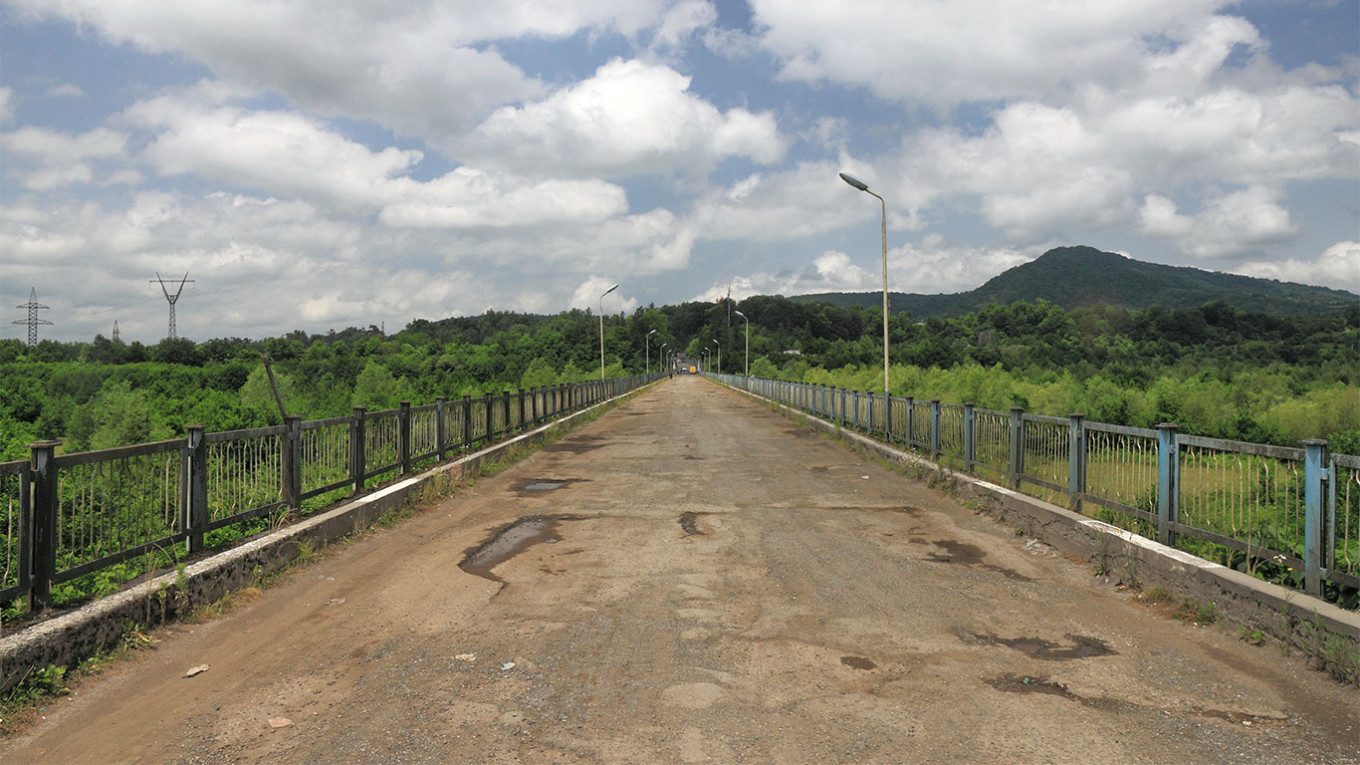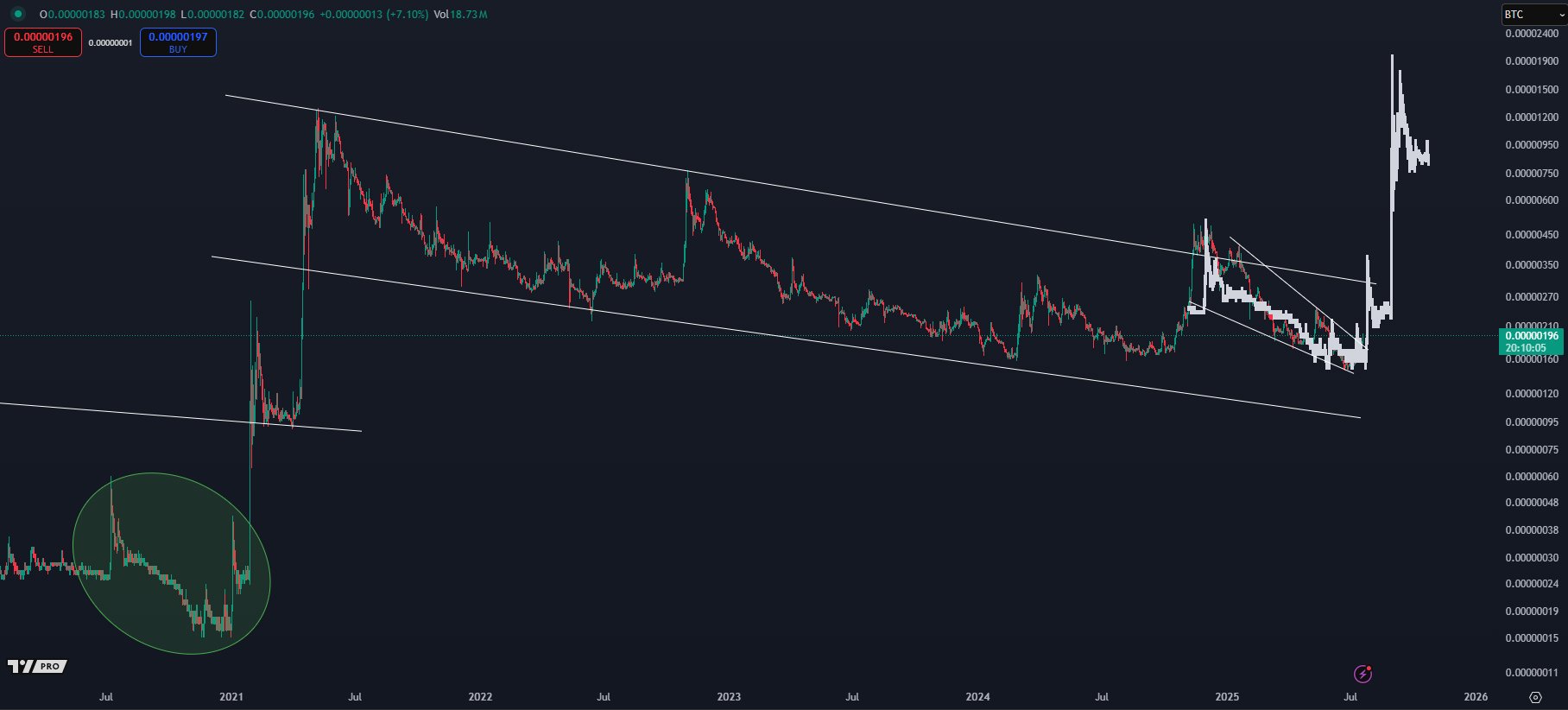In the mountain village of Zemo Mleta, the memories of Georgia’s 2008 war with Russia remain strong. Tamar, a woman selling souvenirs, recalls how some of her friends had to flee their homes in South Ossetia after the war. The conflict resulted in the region of South Ossetia breaking away from Georgia and hosting a Russian military contingent that still remains.
For Georgians living near the de facto borders of South Ossetia and another breakaway region, Abkhazia, Russia’s war in Ukraine brings back memories of their own invasion. This has heightened fears of renewed aggression from Russia, its larger and more powerful neighbor.
Georgia is concerned that Russia might annex the breakaway regions of South Ossetia and Abkhazia, similar to what happened in Ukraine. Only a few countries, including Russia, Syria, and Venezuela, recognize these regions as independent states.
Russia’s efforts to influence the situation in Georgia have created tension with the Georgian government and its partners in the West.
In an opinion piece, Dmitry Medvedev, the former Russian president, claimed that the idea of joining Russia is still popular in Abkhazia and South Ossetia. He warned that Russia will act if its concerns become reality.

Jelger Groeneveld (CC BY 2.0)
Georgia has become a refuge for thousands of anti-war Russians and opposition activists who fled Russia after its invasion of Ukraine in February 2022. However, accusations have been made that the Georgian government is getting closer to Moscow, even as it seeks integration with the European Union and NATO.
Bidzina Lebanidze, a senior analyst at the Georgian Institute of Politics, stated that the Georgian people are afraid. Medvedev’s statements were particularly unpleasant for the Georgian government, which presents itself as peace-loving but is now being toyed with by Russia.
Georgia has focused its budget on sectors like health and education rather than defense since the 2008 war. Lebanidze believes this is because Georgia’s government does not want to irritate Russia too much.
It has been warned that Russia might use the frozen conflicts of Abkhazia and South Ossetia as potential intervention sites, either by annexing the breakaway regions or by taking more of Georgia’s territory.
David Darchiashvili, a professor of international relations and security studies, believes that as long as Russia remains an imperial power in the South Caucasus, there will be no resolution to these conflicts. He hopes that Russia’s withdrawal from these regions will provide an opportunity for peace.

Marcin Konsek (CC BY-SA 4.0)
Russia is seen as a threat to Georgia and a major player within Georgian politics. Georgia hopes for a significant defeat of Russia in the conflict with Ukraine to give them an advantage in negotiations over Abkhazia and South Ossetia. The withdrawal of Russia from these regions would at least offer a chance for peace.
While tensions are high, they do not seem to impact the daily lives of the people living near the border. In Stepantsminda, a town near the Russian border, locals interact peacefully and do not see conflict as inevitable. They believe that disputes are caused by politicians, and as long as people treat each other with respect, there can be harmony.
A source close to the Georgian government expressed concern that relations with Russia cannot be improved as long as Putin is in power. Georgia hopes to deepen its cooperation with NATO in light of the war in Ukraine. There is a fear that Putin might use the presence of Russians in Georgia as a pretext to invade. Despite the tense situation, some believe that improving people-to-people contact can contribute to peace.
In Stepantsminda, a waiter at a local restaurant exemplifies this belief. He serves people from various nationalities and sees no conflict among them. He believes that disputes are caused by politicians, and he aims to make people happy through his service.














